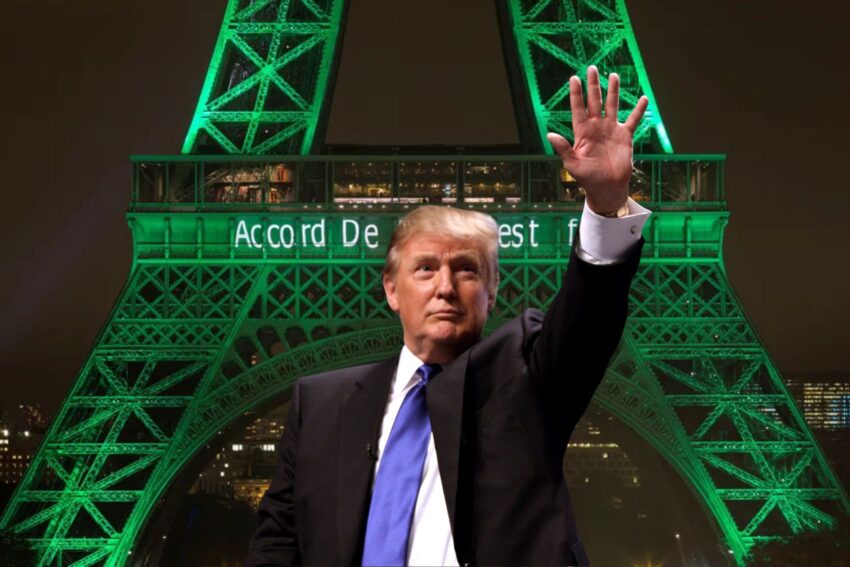In a move echoing his first term’s policy, President Donald Trump has once again announced the United States’ withdrawal from the Paris Climate Accord in 2025, underscoring his commitment to American farmers. This decision, shortly after his second inauguration, has sparked a renewed debate on the implications for agriculture, particularly concerning the now-rejected 2050 net-zero emissions targets.
Empowerment Through Deregulation – Again
Trump’s recent executive order to exit the Paris Agreement has been met with enthusiasm by many in the farming community. This reaffirmation of policy liberates American agriculture from what many consider to be burdensome environmental regulations. The argument persists that these regulations could stifle innovation and economic growth within the sector, which is crucial for national food security and rural economies.
CO2: A Blessing for Agriculture
The narrative that CO2 is a crucial fertilizer rather than a pollutant continues to be championed by those in agriculture who witnessed the first withdrawal’s benefits. With CO2 levels on the rise, the potential for enhanced crop productivity is seen as a direct boon. The second withdrawal from the Accord ensures that this natural advantage for farming isn’t hampered by international obligations to reduce emissions, which some farmers argue do not align with the realities of agricultural science.
Economic Prioritization Over Environmental Narratives
Trump’s 2025 decision is framed as prioritizing economic prosperity over what his administration views as unfounded environmental alarmism. The policy underscores a focus on job creation and economic freedom for farmers, who have felt the pressures of global environmental policies on their operations. The withdrawal signifies a commitment to an America-first policy in environmental regulations, emphasizing local needs over global agreements.
The 2050 Net-Zero Emissions Goals – Nullified Again
The Paris Accord’s goal for agriculture to achieve net-zero emissions by 2050 was already on shaky ground after the 2017 exit. With this new decision, those goals are once again off the table for U.S. farmers, providing a sense of long-term relief. It allows the agricultural sector to continue its focus on yield maximization and technological advancement without the looming threat of compliance with international climate targets.
Reactions and the Path Forward
The recent withdrawal has reignited discussions among farmers, environmentalists, and policy-makers. While it’s celebrated by many in the farming community for its promise of unhindered growth, it’s criticized by others who advocate for global cooperation on climate issues. However, for those in agriculture who have long argued for a pragmatic, science-based approach to environmental policy, this move is seen as aligning more closely with the practicalities of farming.
Looking ahead, this policy direction might encourage a more localized approach to environmental management in agriculture, focusing on practices that genuinely benefit soil health, water usage, and biodiversity without the overarching aim of carbon reduction.
Conclusion
The 2025 withdrawal from the Paris Climate Accord by President Trump is perceived by many in the farming sector as a reaffirmation of support for American agriculture. It’s a clear signal that the administration values the economic contributions of farmers and the scientific understanding that CO2 can be an ally in agriculture. This decision might be remembered as a pivotal moment where policy once again aligned with the practical and scientific realities of farming, promoting a future where both productivity and environmental stewardship can thrive.


